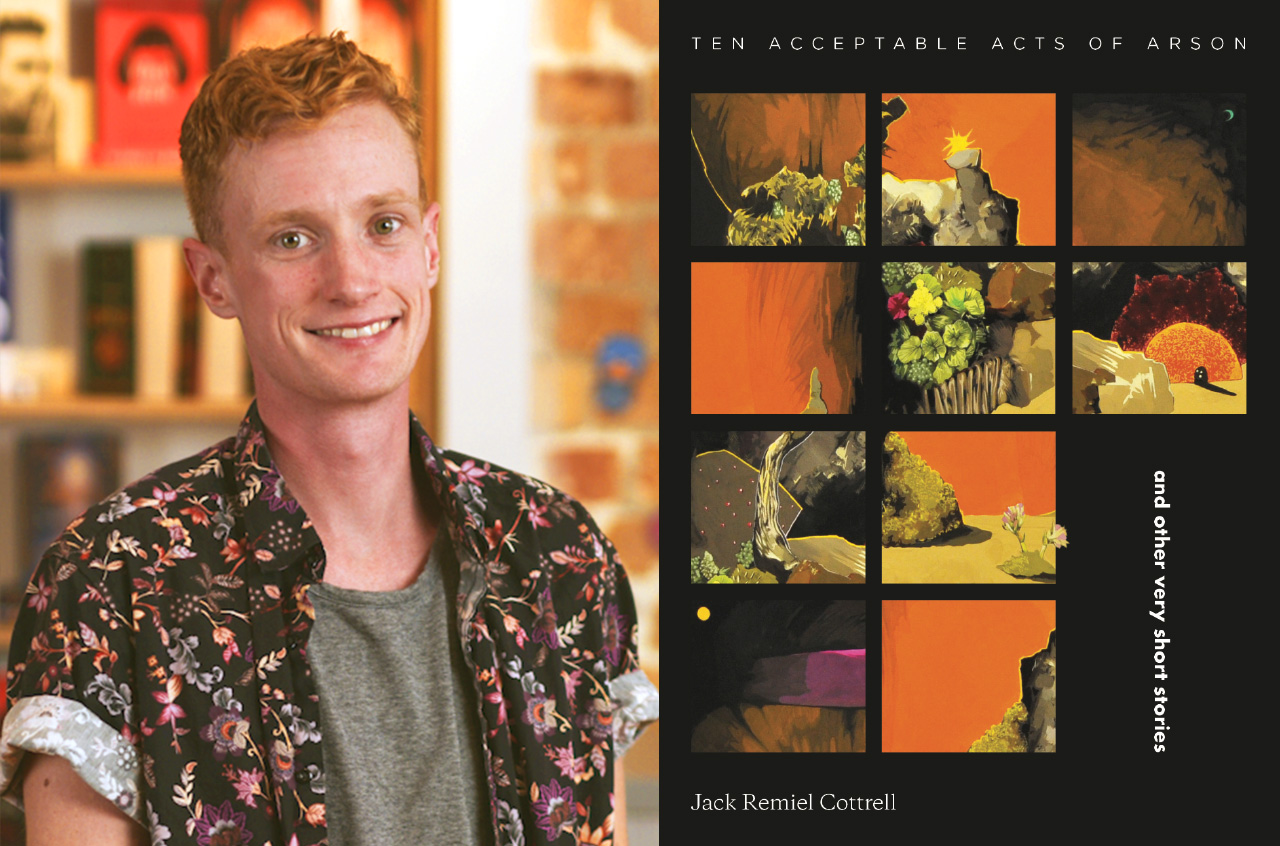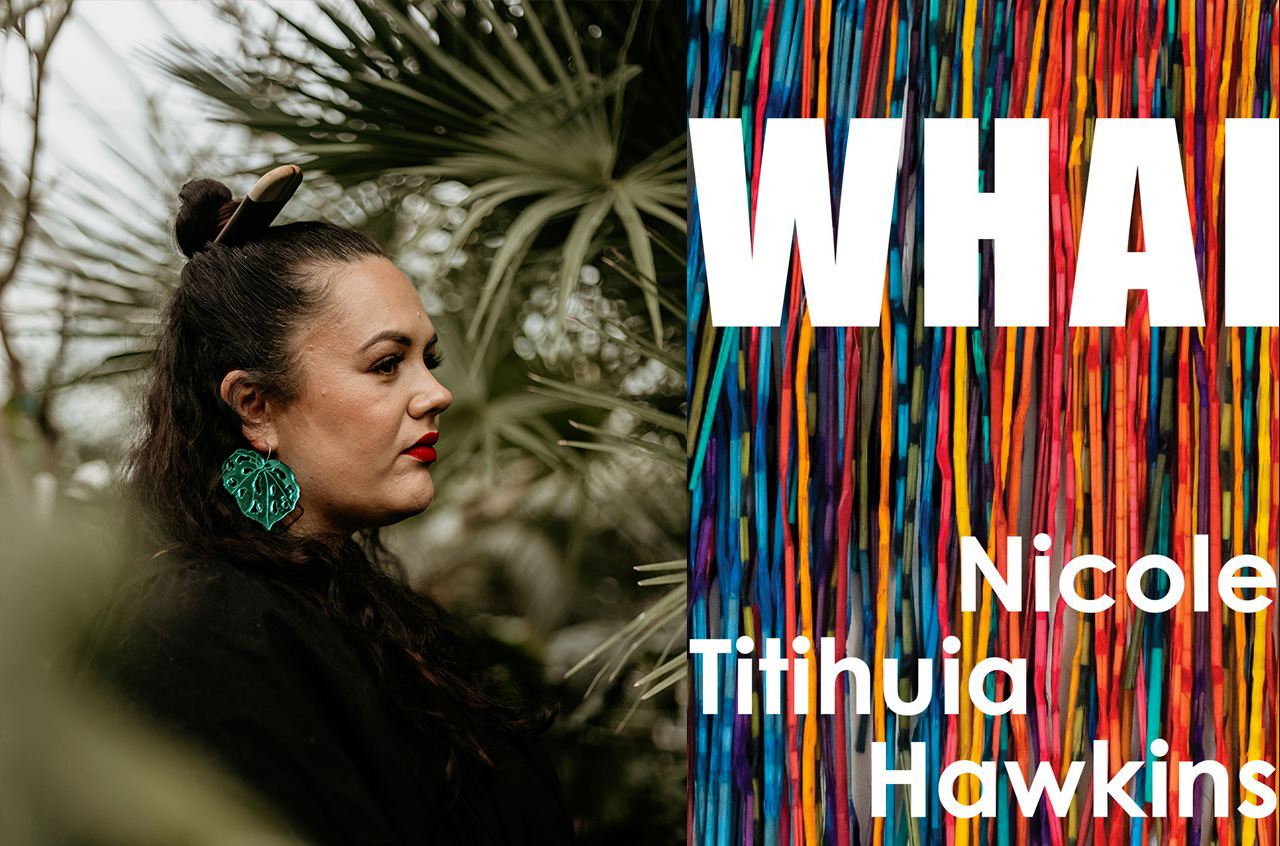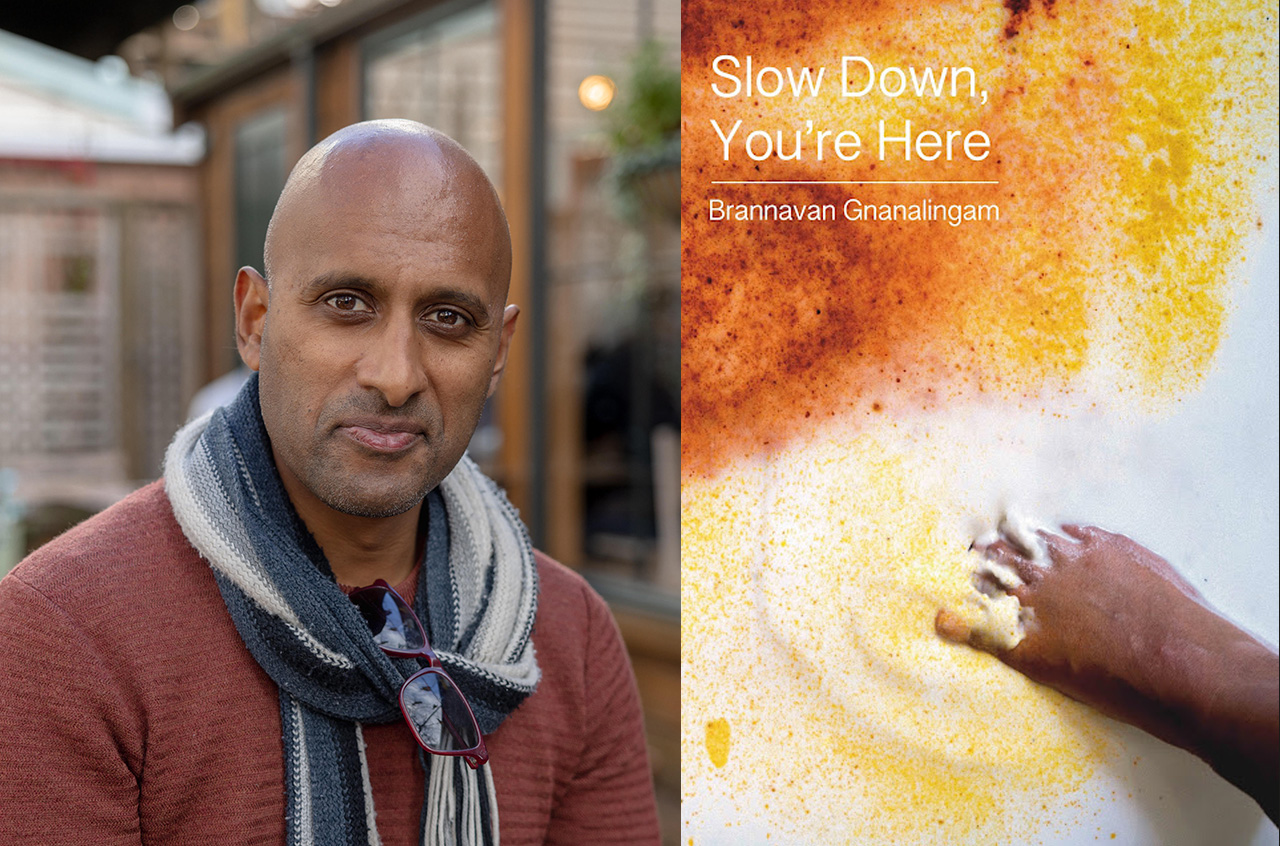We are proud to collaborate this month with our friends at Artspace Aotearoa to present the work of Jacquie (J.C.) Sturm. We will be reading J.C. Sturm’s work together at Artspace on February 22nd March at 6:30pm.
Artspace also invite us all to their exhibition Door, window, world:
Maree Horner, J.C. Sturm
11 Feb — 6 April, 2023
Other shared reading groups will also be exploring Jacquie Sturm’s stories and poetry this month around Tamaki Makarau so join us!
Weather report
Whether
it will rain
or not
Blue dreams
developingJ.C. Sturm Postscripts (2000, Steele Roberts)
I wrote and I wrote... the important thing was not what it turned out to be... not what I was seeing, but how I felt about what I was seeing
Two memos
Do not lie
as thought he lies
beside you
Do not move
as though he moves
inside you
Do not wait
as though he's coming back
because he's not
You are bound
to meet again
Not like ships
in the night
That would be
too easy
But as strangers walking
round a fountainJ.C. Sturm Postscripts (2000, Steele Roberts)
It's my birthday next," said John. So I sat down and wrote him one and so it went on. I guess I just got a bit carried away!
They should be allowed to do what they want to do, what their emotional memory tells them to do & they should be allowed to do it with all the passion in the world! Never mind about their ethnicity. Never mind about their gender. Just let them do it right? And if you can't understand it, well, work at it till you can!!
Behind every great prophet
is often a woman left
holding a baby.
All that need,
he had
to be
the seed.
But
instead,
you nurtured
the seed
of flesh and blood.
Gave up on your writing
to look after your moko.
These are the seeds that bear fruit.Letter to J.C. Sturm by Karlo Mila (Goddess Muscle 2020 Huia Publishers)
https://nzpoetryshelf.com/2021/02/26/poetry-shelf-celebrates-the-ockham-nz-book-awards-poetry-longlist-karlo-mila-reads-from-goddess-muscle/
Events:
Door, window, world: Maree Horner, J.C. Sturm
https://artspace-aotearoa.nz/exhibitions/door-window-world-maree-horner-and-jc-sturm




One Response